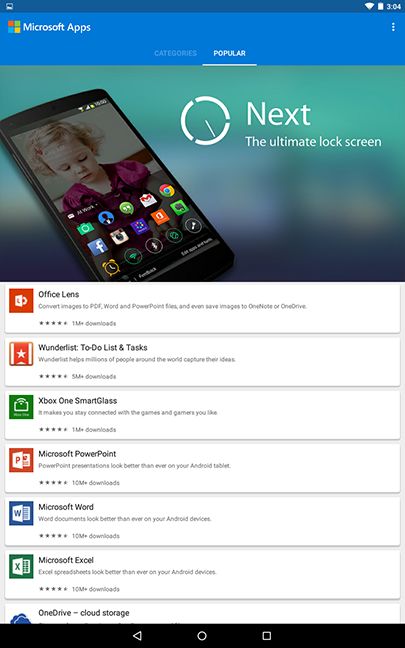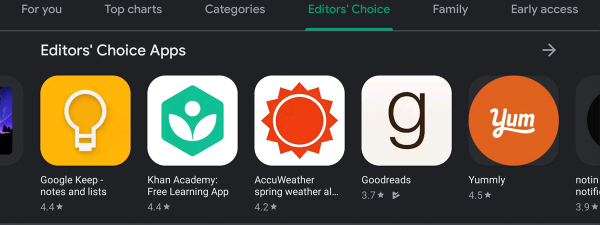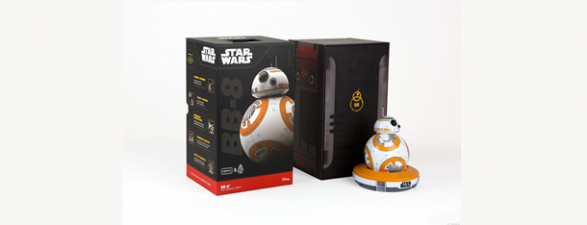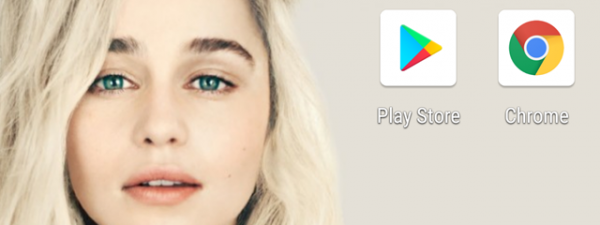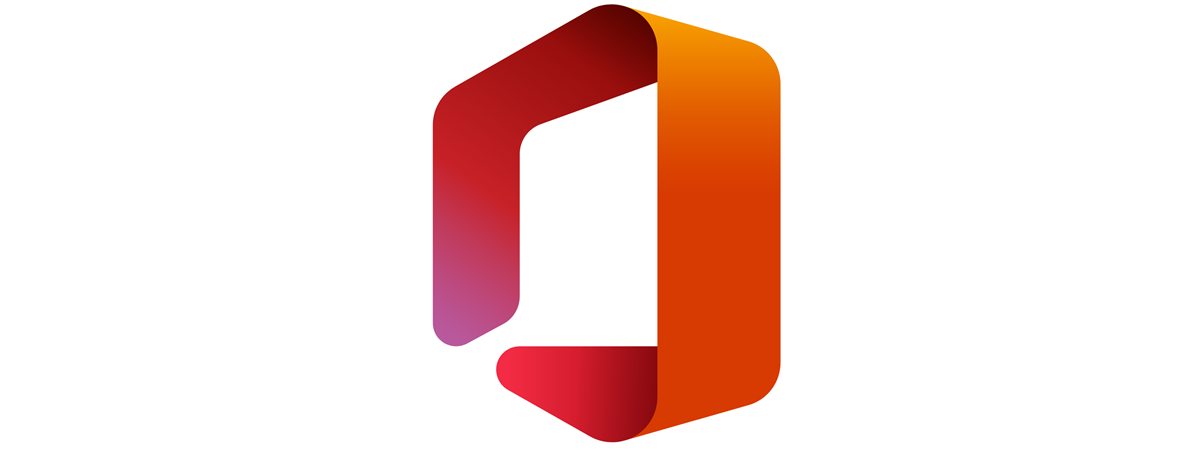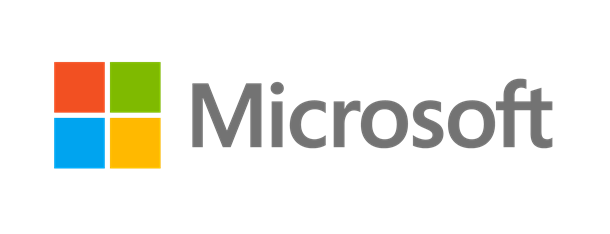
Microsoft has launched a new app in Google Play that manages to raise the stakes in its Android work, without bringing any special new features. It is called Microsoft Apps and it functions like an independent portal inside Google Play, which you can use to discover all Microsoft apps for Android. After making the big move of launching its Office suite on Android earlier this year, Microsoft has kept a relentless schedule of launching new Android apps, to the point that it is hard to keep track of all of them. Unsatisfied to get only Word, Excel and PowerPoint users on Android, Microsoft eyes a bigger prize. What is it?
To everyone's surprise, t here is a lot of Microsoft on Android
We wrote about Microsoft launching Cortana on iOS and Android. While the release in Google Play was daring enough by pitting Cortana against Google Now on its own territory, the Cyanogenmod release was even more interesting. Cortana is going to be embedded and released through the Cyanogenmod operating system. This means that Cyanogenmod user s will experience Cortana first. Google Now won't even have the chance to say Hello!.
The release of Microsoft Apps is a telling sign that Microsoft's claims on Android are big.
As mentioned earlier, Microsoft Apps is an app store inside Google Play. So what is the point? I can see a couple of angles:
- Microsoft wants to control the presentation of its apps. Although you can find the list of apps by a particular developer straight from Google Play , getting to it requires a number of steps. The way the apps are presented is fairly dry, with a layout controlled by Google. By using its own app store inside Google Play, Microsoft can showcase its own apps the way it sees fit, with the order, design and grouping that it controls.
- The list of app categories in Microsoft Apps paints an impressive picture. Microsoft is able to offer a set of apps that cover all your basic smartphone or tablet needs. From communication and entertainment to productivity, Microsoft has an app for everything. While continuing to work on the strategy of making Windows 10 the platform of the future, that runs on every possible computer or smart device, Microsoft is ready to offer you an Android experience that replaces Google for most of your needs.
Image: 9gag
You heard me: Android without Google. In an article published a few days ago, we wrote about surveys run this year, that show most people use only a few apps. 81% of smartphone users use a maximum of 10 apps per week and 46% of them do not use more than 5 apps. If you take this data into consideration, the list of apps fielded by Microsoft is even more impressive. If you can surround someone with apps that cover email, calendar, cloud storage, video communication, chat, a digital assistant, web search and Office work, there is not much room left for other apps on a smartphone or a tablet.
To paint the whole picture , Microsoft has brought a couple of other apps from its Microsoft Garage project, that make this invasion even more complete. Microsoft Garage releases apps created by Microsoft employees who work on pet projects not directly related to their main assignment. Microsoft apps like Next Lock Screen take over the Android lock screen, while Arrow Launcher replaces the launcher of your Android operating system. Despite the low budgets behind these apps, they get good reviews when compared to other more seasoned competitors.
Windows 10 versus Android and iOS
In 2015, it was clear that Microsoft was focused on promoting their Windows 10 operating system. Given that the majority of the computer users are still Windows users, the attempt to bring together on a unified platform the PC and the mobile world has captured everybody's attention. The steady release of Android and iOS apps by Microsoft did not get the same degree of attention and the appearance of the Microsoft Apps portal at this stage, serves to show how much progress has been made.
Another piece of the puzzle is that, in the short term, Microsoft has put significant resources on its Android and iOS app work despite the lack of competitive apps in Windows Store. One example is Microsoft's acquisition of the Sunrise Calendar app. Sunrise made a name for itself by offering a successful Calendar alternative on iOS. Given the exquisite design and engineering that Apple puts into its products, Sunrise's feat of beating Apple at one of its core apps is quite impressive.
Given the slim pickings in the Windows Store, everyone expected that the next move will be to develop a Windows Phone version for Sunrise and prop up the user experience. However, the next move from Sunrise was different: an Android version was launched in May 2015. At that stage, the decision to provide a better experience on Google's platform before Microsoft's seemed strange.
The next move came about a month ago. In a blog post Sunrise announced that most of its work in the past few months went into propping up the Outlook applications on Android and iOS.
I am still convinced Microsoft's big long term plan is to succeed on getting users on Windows. Together with its Windows Store, it is the key to Microsoft's long term perspective as a strong player in the new world of mobility. Right now though, it seems that Microsoft believes its most fierce battle takes place on iOS and especially on Android, not on Windows 10.
What do you think of Microsoft's short term strategy?
At the end of this article, I would like to start a discussion with you. Are you using any Microsoft apps on Android? What do you think of the Microsoft Apps portal? And what about Microsoft's short term focus on Android at the detriment of its Windows Phone and Windows 10 Mobile platforms?


 23.12.2015
23.12.2015 